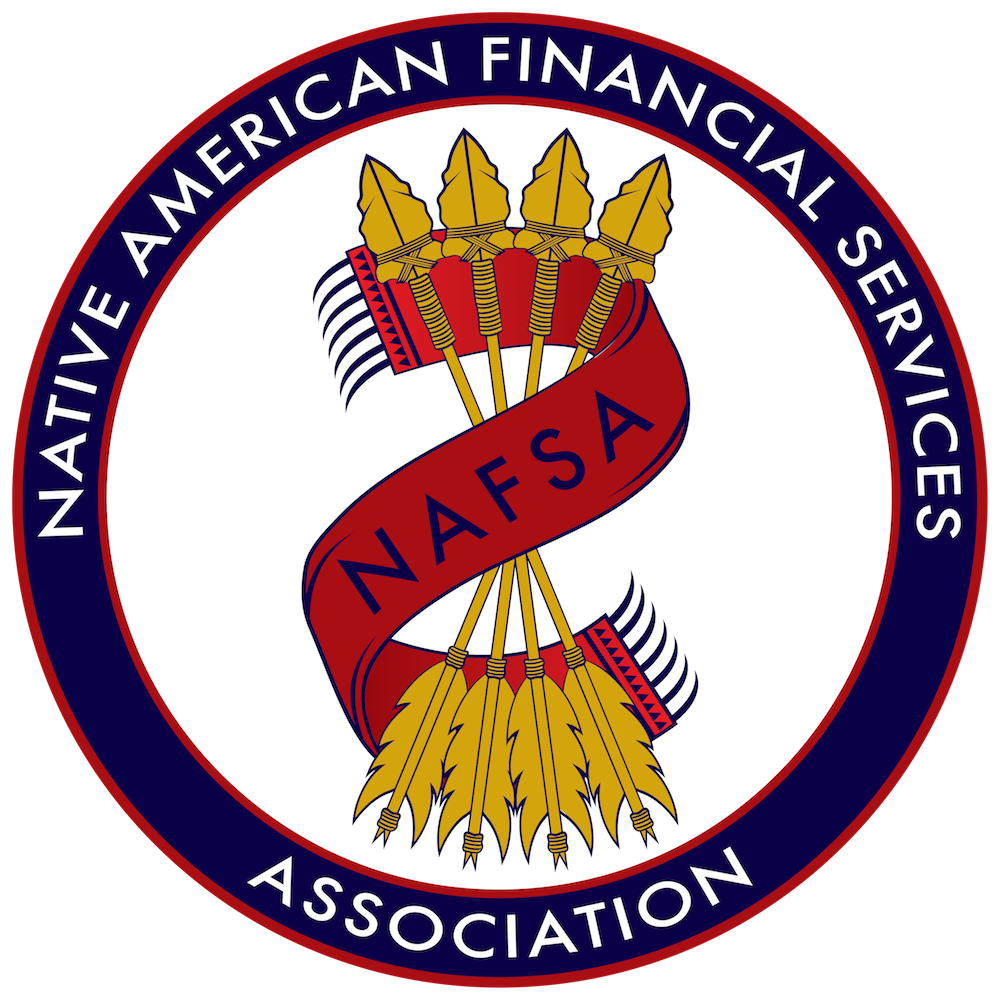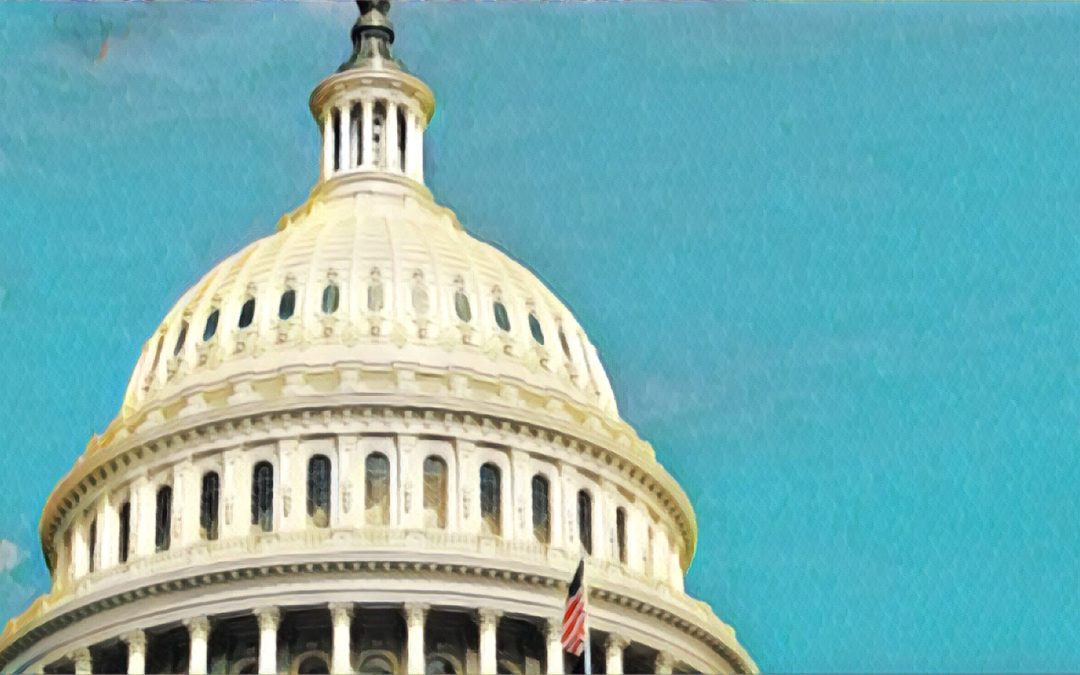The Latest Financial News
Alaska Governor Vetoes Rate Cap Bill
Alaska Governor Mike Dunleavy has vetoed a bill that would have capped interest rates for consumer loans up to $25,000 at 36 percent, which opponents of the legislation say would have drastically limited credit access in the state. Senate Bill 39 passed both the Alaska House and Senate this session…
FICO Announces Plans to Include BNPL Data in Credit Scores
FICO recently announced two credit scores that will include consumers’ record of buy now, pay later (BNPL) loans, both of which will launch in the fall. FICO Score 10 BNPL and FICO Score 10 T BNPL are meant to account for consumers’ increasing use of BNPL loans, giving lenders’ more…
Senate Parliamentarian Says Budget Bill Can’t Cut CFPB Funding
As Congress continues to hammer out the details of the tax and spending package passed by the House in May, Senate Parliamentarian Elizabeth MacDonough recently ruled that the Republicans’ attempt to defund the Consumer Financial Protection Bureau (CFPB) in the bill violated Senate rules. Because the measure is being pushed…
CFPB’s Top Enforcement Official Resigns
Last week, CFPB acting head of enforcement Cara Petersen turned in her resignation after sending an email to colleagues criticizing the Trump administration’s efforts to dismantle the agency. Petersen served at the Bureau since its creation nearly 15 years ago but said that the current White House’s overhaul of the…
New Report Finds Consumer Credit Usage Surged in April
The most recent consumer credit data from the Federal Reserve indicated that consumers turned to credit to pay for goods and services at a significantly elevated rate in April. The aggregate tally of consumer credit surged by $17.9 billion, exceeding consensus estimates of a $11.4 billion gain. These findings indicate…
Senate Confirms Michelle Bowman as Federal Reserve Vice Chair for Supervision
Last week, the U.S. Senate confirmed Federal Reserve Governor Michelle Bowman to serve as the Fed’s Vice Chair for Supervision by a narrow vote of 48-46. Bowman has served as a governor on the Fed’s board since 2018. President Trump nominated the former community banker to the role in March…
Baltimore Drops CFPB Funding Lawsuit
Last week, the city of Baltimore voluntarily dropped its lawsuit challenging the Trump administration’s efforts to defund the Consumer Financial Protection Bureau (CFPB). The city is represented by Democracy Forward, a left leaning organization, and cited the government’s position in court that it will not transfer money from its reserve…
Number of Consumers Using BNPL to Pay for Groceries Has Nearly Doubled
Data from an April LendingTree report shows that 25 percent of buy now, pay later (BNPL) users have used the service to buy groceries, up from 14 percent a year ago. Lending services like Affirm, Afterpay, Klarna, and PayPal have risen in popularity in recent years as cash-strapped consumers look…
CFPB Proposes Rescinding Nonbank Supervision Registry Rule
The Consumer Financial Protection Bureau (CFPB) recently proposed a rescission of its rule requiring nonbank financial firms to register with the agency if they are subject to any court order or regulatory enforcement order. The rule applied to any nonbank entity offering consumer financial products or services. “The Bureau is…
New York Budget Includes Strict Licensing for BNPL Companies
Earlier this month, New York state introduced legislation that imposes strict licensing requirements and other rules on Buy Now, Pay Later (BNPL) products as part of Governor Kathy Hochul’s new budget, which also includes several other measures focused on consumer protection. To operate in the state, BNPL companies would have…
The Impact of Tribal Financial Services
Coming from a history of staggering unemployment rates, limited opportunities, and lack of access to fundamental resources, Native American tribes began online lending businesses to create real change for the future. Internet commerce has been a vehicle for supporting economic growth, tribal services, and tribal development. These are their stories.
Expanding Our Advocacy: Tribal Finance in the Digital Age
NAFSA is evolving to meet the financial future of Indian Country.
While we continue our core mission of protecting and advancing tribal online lending, we are expanding our advocacy to address the growing need for tribal leadership in emerging digital finance sectors—including cryptocurrency, blockchain, decentralized finance (DeFi), sovereign fintech regulation, and more.
These technologies hold tremendous potential for economic diversification, revenue generation, and the protection of tribal sovereignty in the 21st century. That’s why NAFSA is now actively supporting tribal governments and enterprises in:
Exploring the legal and economic implications of blockchain and crypto adoption.
Designing tribal digital asset regulations and policy frameworks.
Understanding the opportunities and risks in crypto mining, tokenized assets, and sovereign digital payments.
Building capacity for responsible digital lending, e-commerce, and fintech innovation under tribal law.

Our Mission
To advocate for Tribal sovereignty, promote responsible financial services, and provide better economic opportunity in Indian Country for the benefit of Tribal communities.


Promoting Tribal Consultation in Federal Policymaking
Engaging federal agency leadership to promote Tribal consultation and protect sovereignty in regulatory policymaking.

Convening Leadership at the Native Finance Summit
Hosting the Native Finance Summit to unite leaders and drive innovation in Tribal economic development.

Legal Advocacy Through Amicus Briefs
Advancing Tribal sovereignty by filing amicus briefs that shape legal precedent in key federal and Supreme Court cases.

Supporting Tribes in Emerging Financial Technologies
Supporting Tribal Nations through education and awareness to explore, understand, and shape their role in emerging financial technologies.

Coordinating Congressional Advocacy on Capitol Hill
Coordinating Capitol Hill Day to empower Tribal leaders in advocating directly with Congress on sovereignty and economic priorities.

Strengthening Tribal Financial Governance
Supporting Tribal governments in building strong financial oversight and regulatory infrastructure.

Narrative Change & Public Engagement
Shaping public understanding through narrative change, media outreach, and coalition-building.

Establishing Industry Standards
Setting industry best practices that ensure Tribal financial services are compliant, transparent, and sovereignty-driven.

Workforce Development
Building Native workforce pipelines through training, mentorship, and education.












